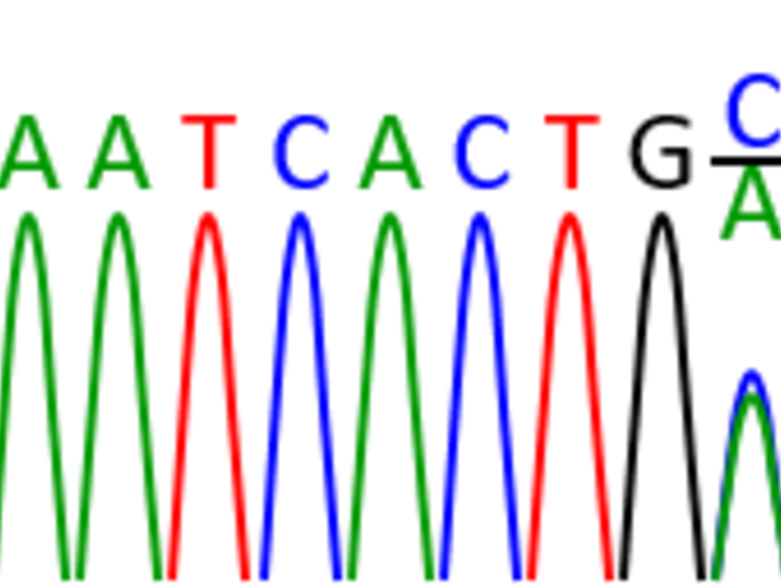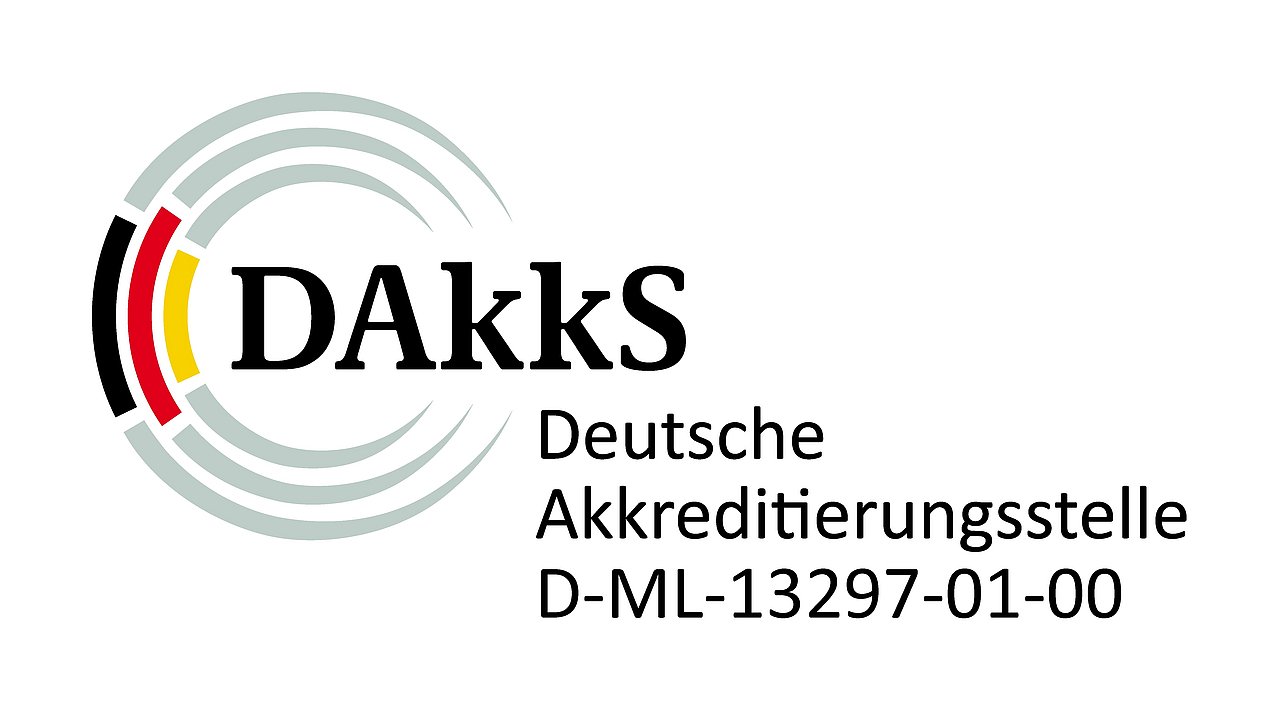Investigation of hemostaseologically relevant gene variants using Next Generation Sequencing
Next Generation Sequencing (NGS) is a fast and efficient high-throughput method for genetic analysis. In patients with coagulation abnormalities, the targeted analysis of coagulation-associated genes for possible alterations, such as point mutations, insertions or deletions, contributes essentially to comprehensive diagnostics.
Using NGS, genetic causes of coagulation disorders such as a tendency to thrombosis and/or bleeding or altered platelet function can be found. This is of great relevance not only for affected patients themselves, but also for their relatives due to heredity.
During genetic diagnostic of coagulation-associated genes, both already well-characterized mutations are found as well as new mutations. In case of already known mutations, their impact on hemostasis is assessed according to entries in corresponding databases and hemostaseological articles.
The pathophysiological significance of new variants is evaluated in the context of the respective symptomatology, by using prediction algorithms and in comparison with already known mutations.
Our long-term goal is to characterize new coagulation-relevant gene variants more precisely at the molecular level and to elucidate their impact on coagulation in detail.





